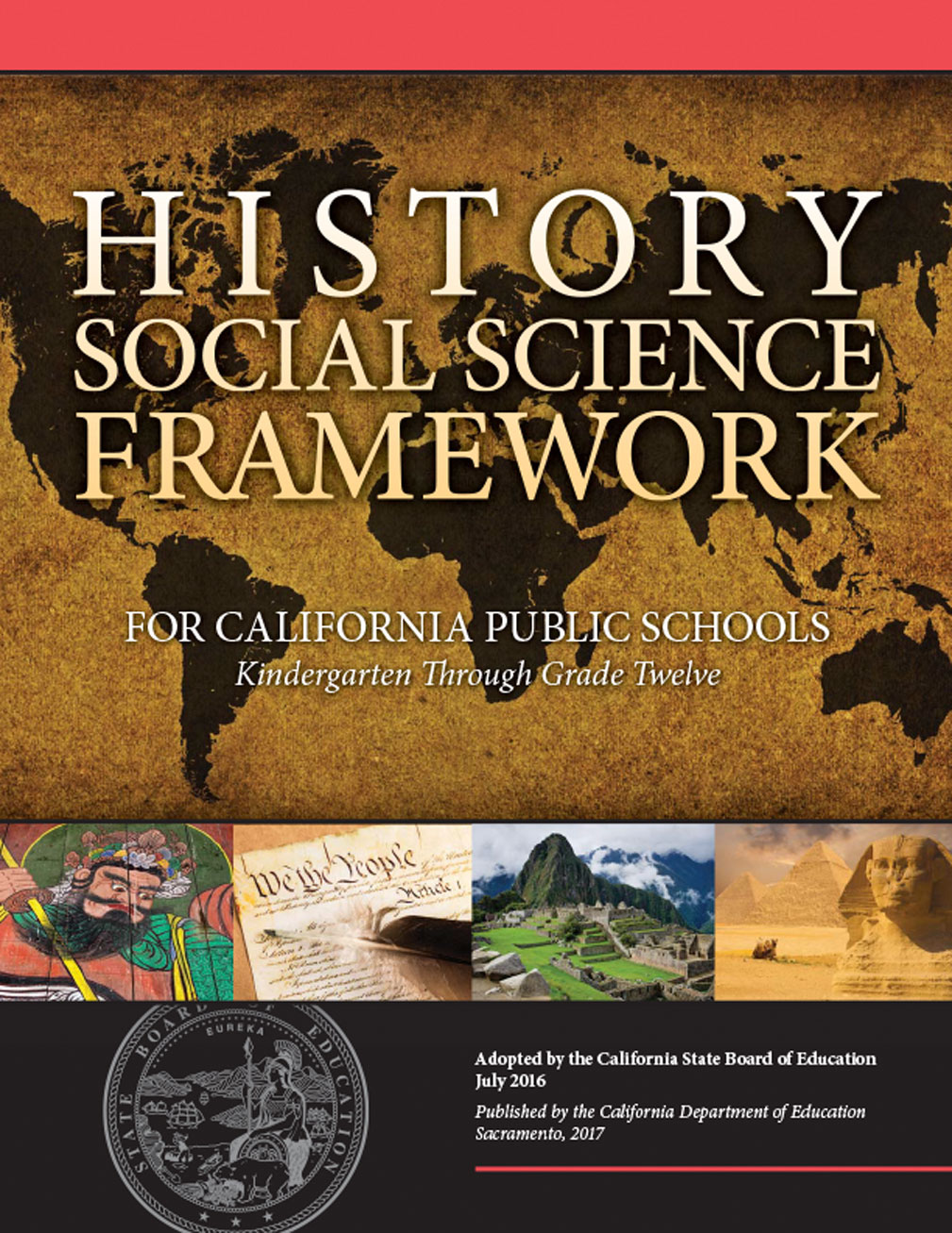The adoption of California’s new History-Social Science (HSS) Framework marks an exciting time in education in our state. With a focus on Content, Literacy, Inquiry, and Citizenship, educators at all levels are being asked to rethink how they’re approaching the teaching and learning of HSS. While exciting, this can be a daunting task for some. Through the CLIC Project, we provide support and resources to all HSS educators who are interested in fully implementing the new Framework. Through the resources found on this page, and throughout the CLIC Web site, educators can find strategies that are effective, relevant, and ready to implement.
Helpful Resources to Consider
California Department of Education Resources for Distance Learning
Guidance and resources for teachers and families in K–12 schools regarding high quality distance learning.
Distance Learning Resources
These links have been identified or created by the Sacramento County Office of Education (SCOE) Curriculum & Instruction Department as resources that may be helpful for distance learning. Resources are for informational purposes, and their inclusion on this list is neither an endorsement nor a recommendation by SCOE. Schools and districts should review resources and determine appropriateness for their students.
California History Social Science Web Page
Count Me In! Census 2020 Curriculum Resources
The Sacramento County Office of Education in partnership with the Los Angeles County Office of Education has developed curriculum modules at the 5th, 8th, 11th, and 12th grades designed to teach students about the US Census and get them excited to advocate for a complete count.
We Draw the Lines! Redistricting Curriculum Modules
These curriculum modules are designed to give high school teachers and students a better understanding of the redistricting process, how it is related to US Census data, and how they can participate in the process. These modules follow the Inquiry Model and are designed to be engaging and relevant.
Los Angeles County Office of Education Webinars
Support for English Learners in the History-Social Science Classroom
California’s students demonstrate a wide varying of skills, abilities, and interests as well as varying proficiency in English and other languages. The teacher’s role in providing high quality instruction that is sensitive to individual learning needs becomes more complex. To assist teachers in this effort this webinar will explore: how to use the key elements of the ELA/ELD Circles of Implementation to select content that increases discipline specific knowledge and literacy skills, how those skills can be leveraged to help students develop language and effectively express their ideas, and how the learning can be organized around relevant inquires to help students put into practice critical civil and civic action to address challenges in their community, state, nation, and the world.
Universal Design for Learning (UDL) in the History-Social Science Classroom
Universal Design for Learning (UDL) is an evidence-based framework to systematically address learner variability in all aspects of the learning environment. Learn how you can proactively address predictable barriers to learning so that all students can meet the goals of the California History-Social Science Framework. This webinar will outline the need for flexible, proactive learning design and guide participants through the UDL backwards planning process. Finally, we will examine a sample lesson for opportunities to begin implementing Universal Design for Learning.
Preparing a Source for Student Inquiry in History-Social Science
Primary and secondary sources can provide students with the tools they need to answer critical questions and form conclusion on their own. This webinar will help teachers understand the steps to historical inquiry as they explore the following: How do we know if a source is useful and appropriate? What questions should teachers ask about a source before they assign it to students? How can using the California History-Social Science Framework as a starting place identify and then narrow the questions for student inquiry? Teachers will participate in a guided discussion identifying challenges to student comprehension as well as strategies for addressing those challenges to meet the needs of all learners.

